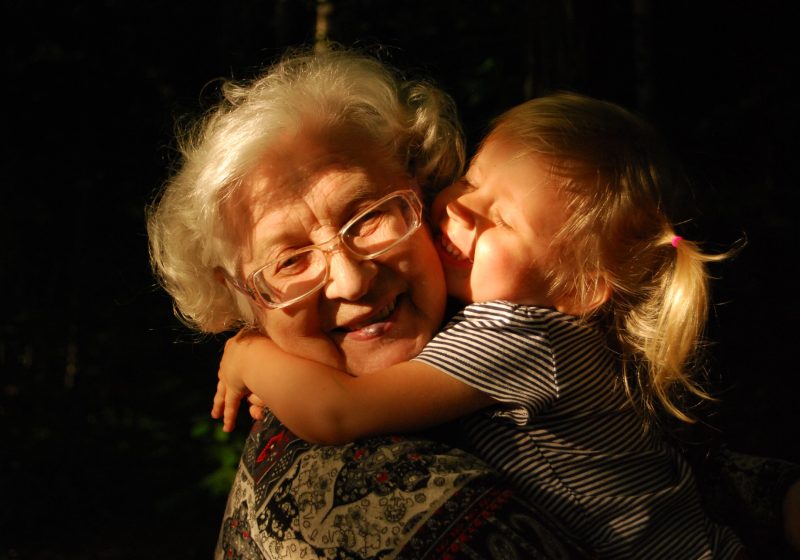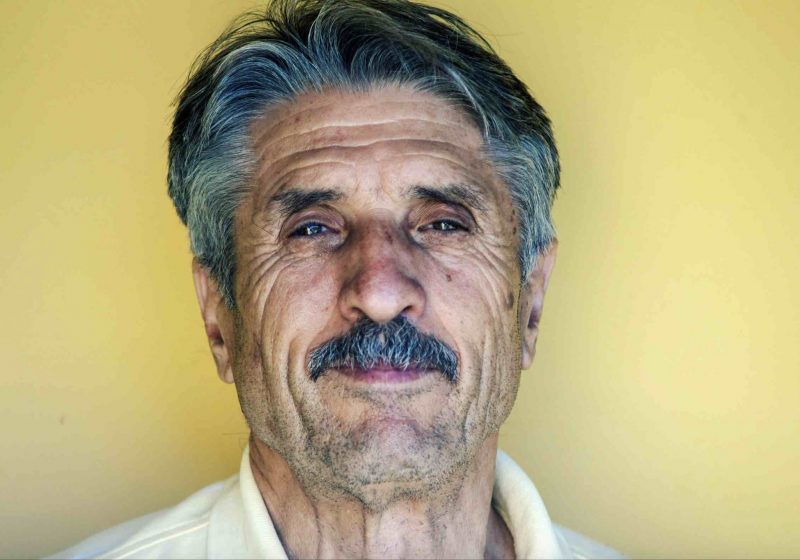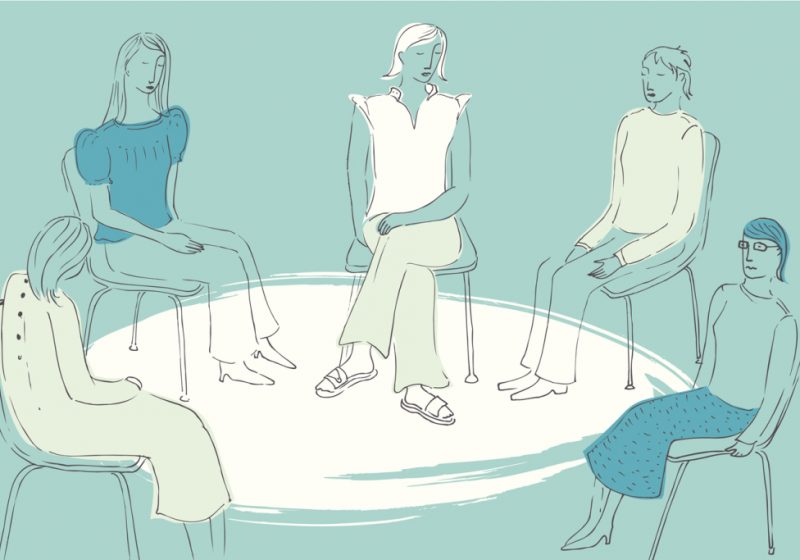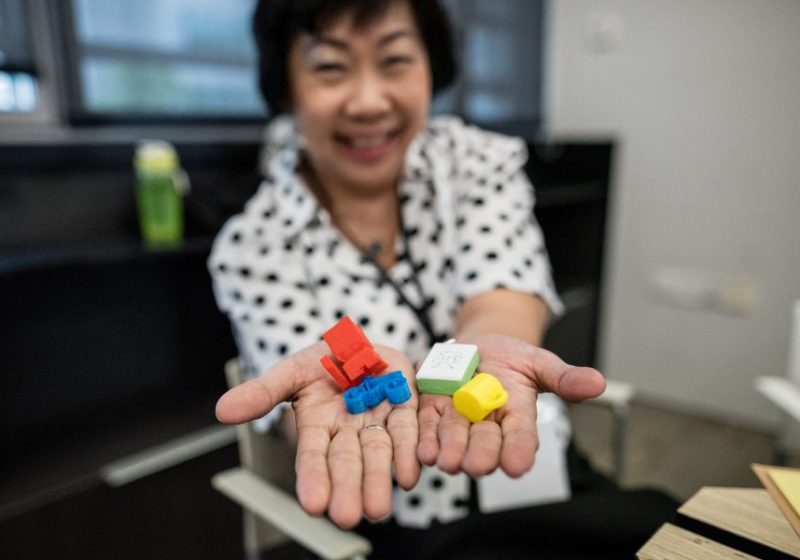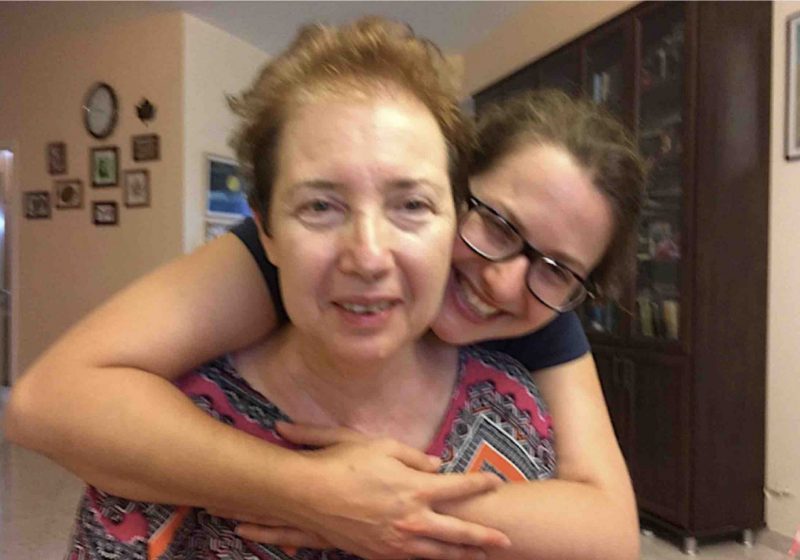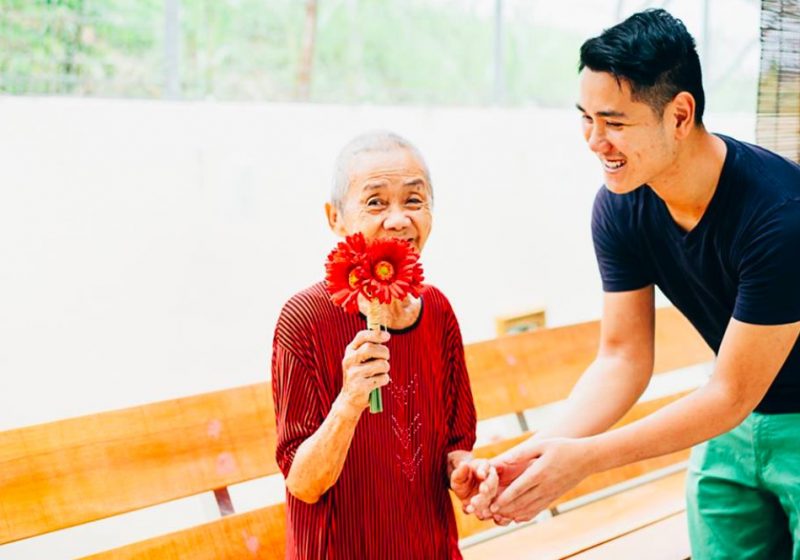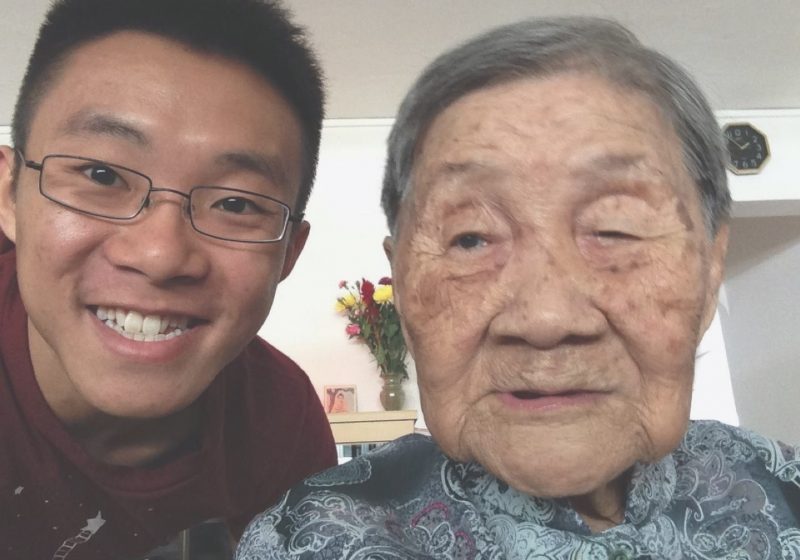As caregivers navigate their roles, it’s vital to cultivate a balanced mindset supported by core foundations of sleep, movement, nutrition and social connections. This article delves into the intersection of mindset and self-care, offering insights and practical strategies to nurture well-being amidst the challenges of caregiving.
By Cheryl Bok
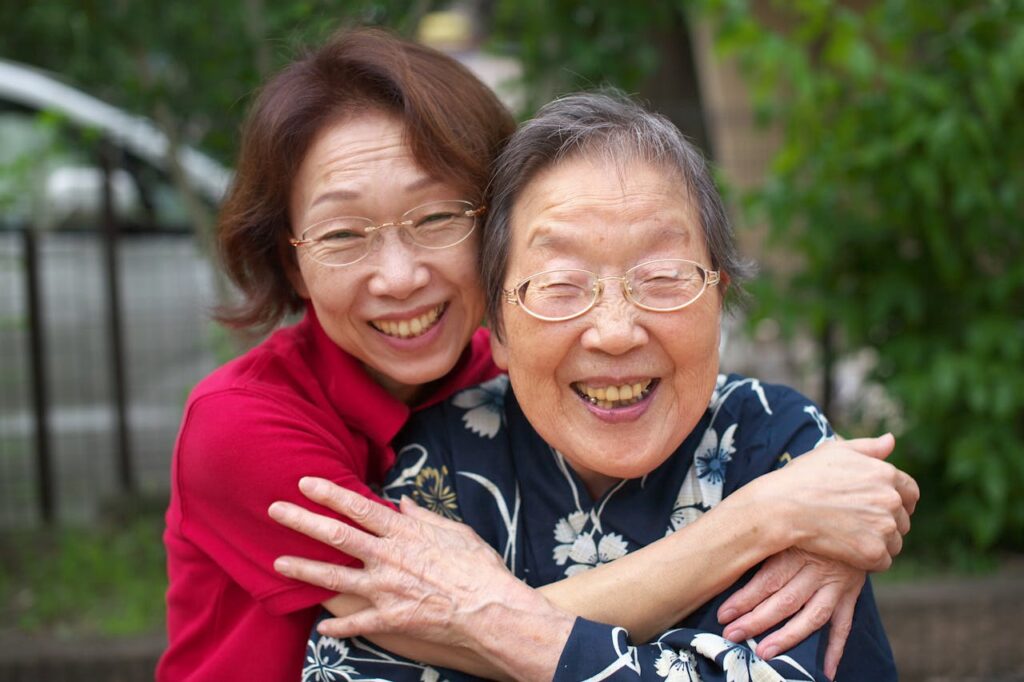
Caregiving in Asia
In Asia, the caregiving landscape is rapidly evolving, with projections estimating a staggering 100 million individuals assuming caregiving responsibilities while still maintaining active roles in the workforce by 2035. These caregivers are characterised by their daily routine of balancing professional obligations with the complex responsibility of caring for loved ones. However, we also know that more than employee caregivers are 70% more likely than non-employee caregivers to say that they are worried about their physical and mental well-being.
This number shows the honest reality of caregivers’ overlooked struggles. Consumed by the demands of caregiving, caregivers often neglect their health and well-being. Yet, beneath the surface, we are aware that if we can’t care for ourselves, we won’t have enough capacity or battery to care for the people we need to care for. Acknowledging this issue is the crucial first step towards initiating meaningful change.
It is evident that emotional, psychological, and social stressors weigh heavily on caregivers’ shoulders.
A recent survey conducted by The Straits Times, Singapore, sheds light on the alarming prevalence of mental health challenges among caregivers. The findings reveal that over 40% of caregivers are at risk of depression, navigating through what can only be described as an emotionally taxing environment. Having been involved in supporting persons living with dementia and advocating for mental health awareness, I’ve had the opportunity to work closely with caregivers and employees in similar roles. It is evident that emotional, psychological, and social stressors weigh heavily on caregivers’ shoulders. In this article, we will delve into the intersection of mindset and self-care, offering insights and practical strategies to nurture well-being amidst the challenges of caregiving.
How does caregiving affect physical health?
Over time, the daily actions, activities and stress you face being a carer can begin to negatively affect our physical health. It is crucial for us to be aware of these potential physical health impacts and take proactive steps to prioritise self-care:
- Chronic stress: Carers often experience chronic stress due to the demands and responsibilities associated with caring for a loved one. Persistent stress can lead to various health issues, including elevated blood pressure, cardiovascular problems and chronic inflammation.
- Physical strain: The physical tasks involved in caregiving, such as lifting, transferring or assisting with personal care, can lead to physical strain and injuries. Over time, these demands can take a toll on your overall musculoskeletal health.
- Sleep disruptions: Sleep is the foundation of our health. Carers often face interrupted sleep patterns, either due to the needs of the loved one they are caring for or due to their own worries. Lack of adequate sleep can contribute to fatigue, low energy, and overall diminished well-being.
- Weakened immune function: Lack of physical activity can also cause a compromise in your overall immune system, making carers more susceptible to infections and illnesses.
Understanding Caregiving Stress
Many caregivers find themselves unexpectedly overwhelmed, balancing the needs of their care recipients alongside their jobs, families, and other obligations. In some severe instances, the lack of support at home might mean the need to rely on long-term care solutions. For caregivers to embark on this journey of self-care, it is imperative to first understand the nature of caregiving stress.
Not merely the physical tasks or logistical challenges contribute to the strain; rather, the cumulative impact of emotional, psychological, and social stressors weighs heavily on caregivers’ shoulders. Recognising and addressing these dimensions of caregiving stress is fundamental to developing effective coping mechanisms and support strategies.
Many caregivers may experience financial strain due to reduced work hours.
As a caregiver, what do you feel most stressed about? Here are some of the types of stressors that a caregiver might face:
- Emotional Stress: Caregivers often experience intense emotional strain stemming from feelings of guilt, grief, and compassion fatigue. Witnessing a loved one’s suffering or decline in health can evoke emotional turmoil, leading to heightened stress levels and emotional exhaustion.
- Psychological Stress: The demanding nature of caregiving can take a toll on caregivers’ mental well-being, manifesting in symptoms of anxiety, depression, and burnout. Constantly juggling multiple responsibilities and coping with uncertainty about the future can cause psychological distress, impacting caregivers’ overall quality of life.
- Financial Stress: The financial burden associated with caregiving can be significant, especially when coupled with the costs of medical care, medications, and specialised equipment. Many caregivers may experience financial strain due to reduced work hours or the need to invest in caregiving-related expenses, leading to financial insecurity.
- Social Stress: Caregiving often entails social isolation and disruption of personal relationships, as caregivers may struggle to find time for social activities or maintain connections with friends and family. This social disconnection can contribute to feelings of loneliness and inadequacy, further increasing caregivers’ stress levels.
Facing challenges are inevitable, and caregivers are no exception. It’s normal for caregivers to feel frustrated and negative emotions occasionally. However, if these feelings persist and are left unchecked, they can escalate into prolonged anger, depression, and sadness stemming from the sacrifices they make. This emotional burden may lead to guilt, regret, and even grief. In severe cases, it could escalate to suicidal thoughts or abusive behaviour.
How Caregivers Can Reframe Challenges
The way we think about things affects the way that we feel and the way that we will respond.
One thing I learned from Dr. Annabelle Chow, a Clinical Psychologist in Singapore, is that “the way we think about things affects the way that we feel and the way that we will respond.”
Her insight emphasises the deep connection between our thoughts, emotions, and actions. This principle holds significant importance in the context of caregiving. Caregivers often face a multitude of challenges and stressors, and the way they perceive and interpret these situations can significantly impact their well-being.
Especially in Asia, when caregivers adhere to the cultural value of filial piety without establishing boundaries, they may internalise beliefs that prioritise their parents’ needs above their own, leading to feelings of guilt or obligation when considering their self-care. However, by reframing thoughts and understanding that setting boundaries is not a betrayal of filial piety but rather an essential aspect of maintaining health and capacity to care, caregivers can experience a shift in their emotional responses.
By adopting a mindset that values self-care and recognises the importance of balance in caregiving, caregivers can cultivate feelings of empowerment and resilience. They can begin to view boundaries not as barriers to their duty but as necessary measures to ensure their ability to provide compassionate care over the long term. This shift in thinking can ultimately lead to healthier emotional responses and more effective caregiving practices.
Adaptive Coping Strategies for Caregivers
Adaptive coping strategies are essential for caregivers to navigate the challenges and stressors inherent in their role effectively. These strategies enable caregivers to respond constructively and resiliently to challenging situations, ultimately promoting their well-being and enhancing the quality of care provided to their loved ones.
One key adaptive coping strategy for caregivers is seeking social support. Connecting with friends, family members, or support groups allows caregivers to share their experiences, receive validation and empathy, and gain practical advice and resources. This sense of community can provide much-needed emotional relief and reduce feelings of isolation.

Additionally, caregivers can benefit from practising self-care activities that promote relaxation and stress reduction. Engaging in regular exercise, mindfulness meditation, or hobbies that bring joy and fulfilment can help caregivers recharge their batteries and maintain their physical and mental health amidst the demands of caregiving.
Another adaptive coping strategy is maintaining perspective and practising cognitive reframing. By reframing challenging situations in a more positive or manageable light, caregivers can reduce feelings of overwhelm and regain a sense of control over their circumstances. This may involve focusing on the aspects of caregiving that bring meaning and fulfilment, finding gratitude in small moments, and acknowledging their strengths and resilience.
Creative Kit for Self-Care & Burnout Prevention
One of the most important coping mechanisms is prioritising self-care, and this can be done creatively.
One creative way to practice self-care for burnout prevention is to create a “self-care kit” tailored to your unique preferences and needs.
This kit can include various items and activities that bring you comfort, joy, and relaxation. Here’s how to create your own:
Choose Your Container: Start by selecting a container or box to hold your self-care items. This could be a decorative basket, a personalised journal, a small wooden box, or any container that resonates with you.
Curate Your Items: Fill your self-care kit with items that nurture your well-being and bring you happiness. This could include things like:
- A scented candle or essential oil diffuser for aromatherapy.
- A cosy blanket or plush socks for comfort.
- A journal or sketchbook for creative expression and reflection.
- Your favourite teas, chocolates, or snacks for indulgence.
- A playlist of soothing music or guided meditations.
- Inspirational quotes, affirmations, or poetry for motivation.
- Art supplies, colouring books, or puzzles for relaxation.
- A list of self-care activities or prompts to inspire you when needed.
Prioritise self-care, feel empowered to take intentional steps towards maintaining balance.
Personalize Your Kit: Personalise your self-care kit with personal touches to make it uniquely yours. This could include photos of loved ones, handwritten notes of encouragement, or small mementoes that hold sentimental value
Use Your Kit Regularly: Keep your self-care kit where you can easily access it whenever you need a moment of relaxation or rejuvenation. Set aside dedicated time each day or week to engage with the items in your kit and prioritise self-care.
Refresh and Replenish: Periodically review and update your self-care kit to ensure it continues to meet your evolving needs. Replace items that have been used up or add new elements that resonate with you.
This will serve as a tangible reminder to prioritize self-care and empower you to take intentional steps towards maintaining balance in your life.
Positive Reinforcements For Caregivers
In the caregiving journey, it’s essential to acknowledge and celebrate the small victories along the way. You can practice positive reinforcement, as it is crucial in boosting caregivers’ morale and motivation, recognising dedication and resilience in the face of challenges.
Whether you receive a heartfelt thank you from your loved one, notice improvements in their well-being, or simply take a moment to appreciate your efforts, you deserve recognition and validation for the invaluable role you play. By cultivating a culture of positivity and appreciation, we can uplift caregivers and inspire us all to continue providing compassionate care with a renewed horizon and determination.































